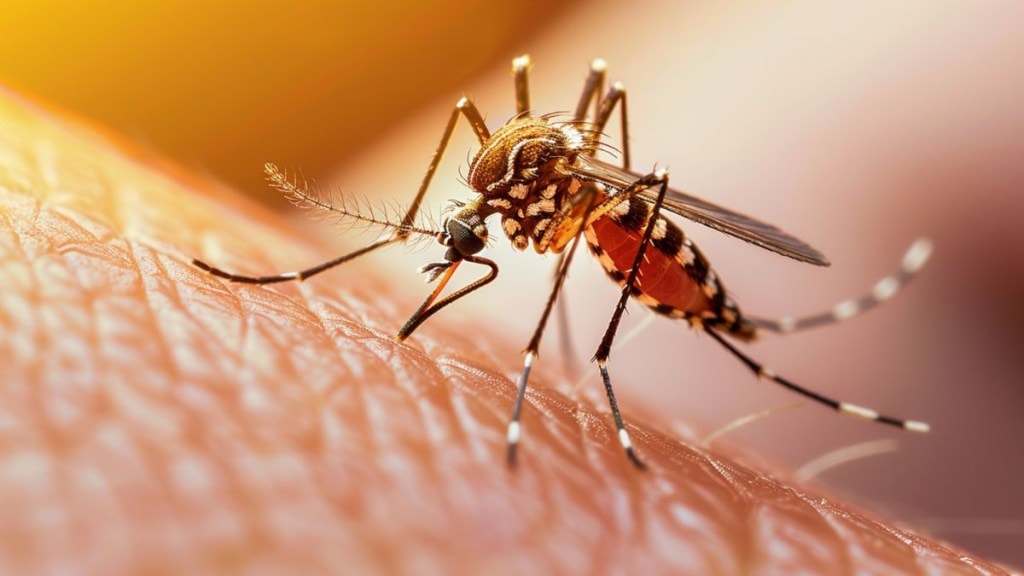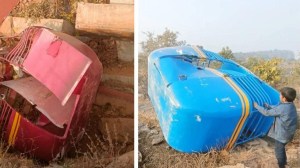Bengaluru is witnessing a sharp rise in dengue cases as the monsoon intensifies. According to the Bruhat Bengaluru Mahanagara Palike (BBMP), the city recorded 69 cases in the past week and 442 cases in July alone. Since the beginning of the year, 1,685 dengue cases have been reported in the city.
On Monday, BBMP Chief Commissioner Maheshwar Rao directed civic officials to intensify mosquito-control measures and identify potential breeding sites. He ordered the use of chemicals to control larvae, regular fogging, and pesticide spraying in high-risk areas. Rao also called for greater public awareness campaigns and suggested installing OV traps in households to monitor and reduce mosquito populations.
Monsoon and dengue risk
Health officials warn that dengue cases usually surge between May and August due to heavy rains, leading to water stagnation. Pools of stagnant water, often found in flower pots, coolers, discarded tires, and construction sites, serve as breeding grounds for Aedes aegypti, the mosquito responsible for spreading dengue.
According to a study published in the Indian Journal of Medical Research, Karnataka has seen recurrent dengue outbreaks in the past decade, with Bengaluru accounting for a large share of the cases due to rapid urbanisation and poor waste management. In 2023, India reported over 2.7 lakh dengue cases nationwide, according to the National Vector Borne Disease Control Programme (NVBDCP).
Warning signs to watch out for
Dengue symptoms can worsen quickly if not treated on time. Common symptoms include:
- Sudden high fever
- Severe headache and pain behind the eyes
- Nausea and vomiting
- Joint and muscle pain
- Skin rash
Severe dengue, also known as dengue hemorrhagic fever, can lead to dangerous complications such as bleeding, breathing difficulties, and organ damage. Warning signs include persistent abdominal pain, vomiting blood, bleeding gums, and extreme fatigue. Health experts advise immediate medical attention if any of these severe symptoms appear.
How to stay safe from dengue
The BBMP has urged residents to take precautions to prevent mosquito breeding:
- Avoid stagnant water around homes and offices
- Keep water containers covered
- Change water in flower vases and birdbaths regularly
- Use mosquito repellents and nets
- Wear long-sleeved clothing, especially during early mornings and evenings
With dengue cases rising every year, public health experts share that community participation is as important as government action. A study in The Lancet Global Health revealed that community-driven cleanliness and awareness programs significantly reduced dengue outbreaks in Southeast Asia.







